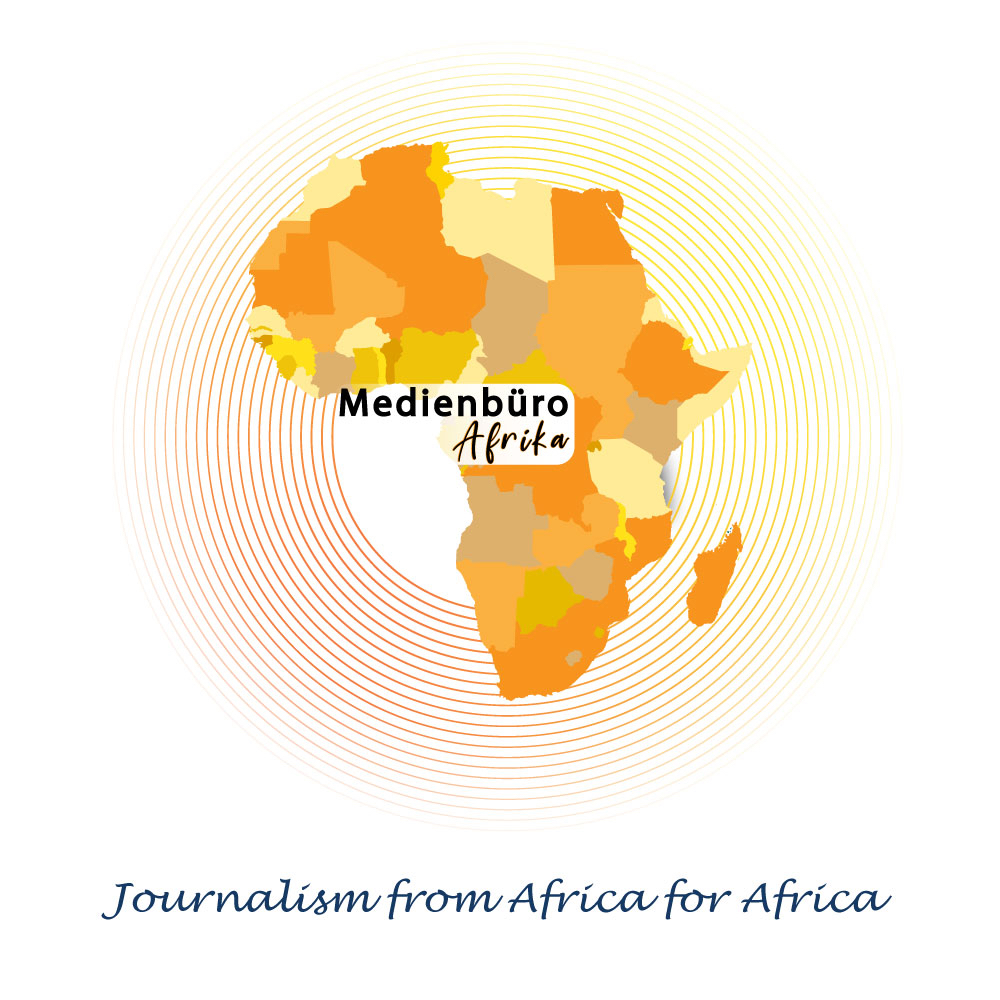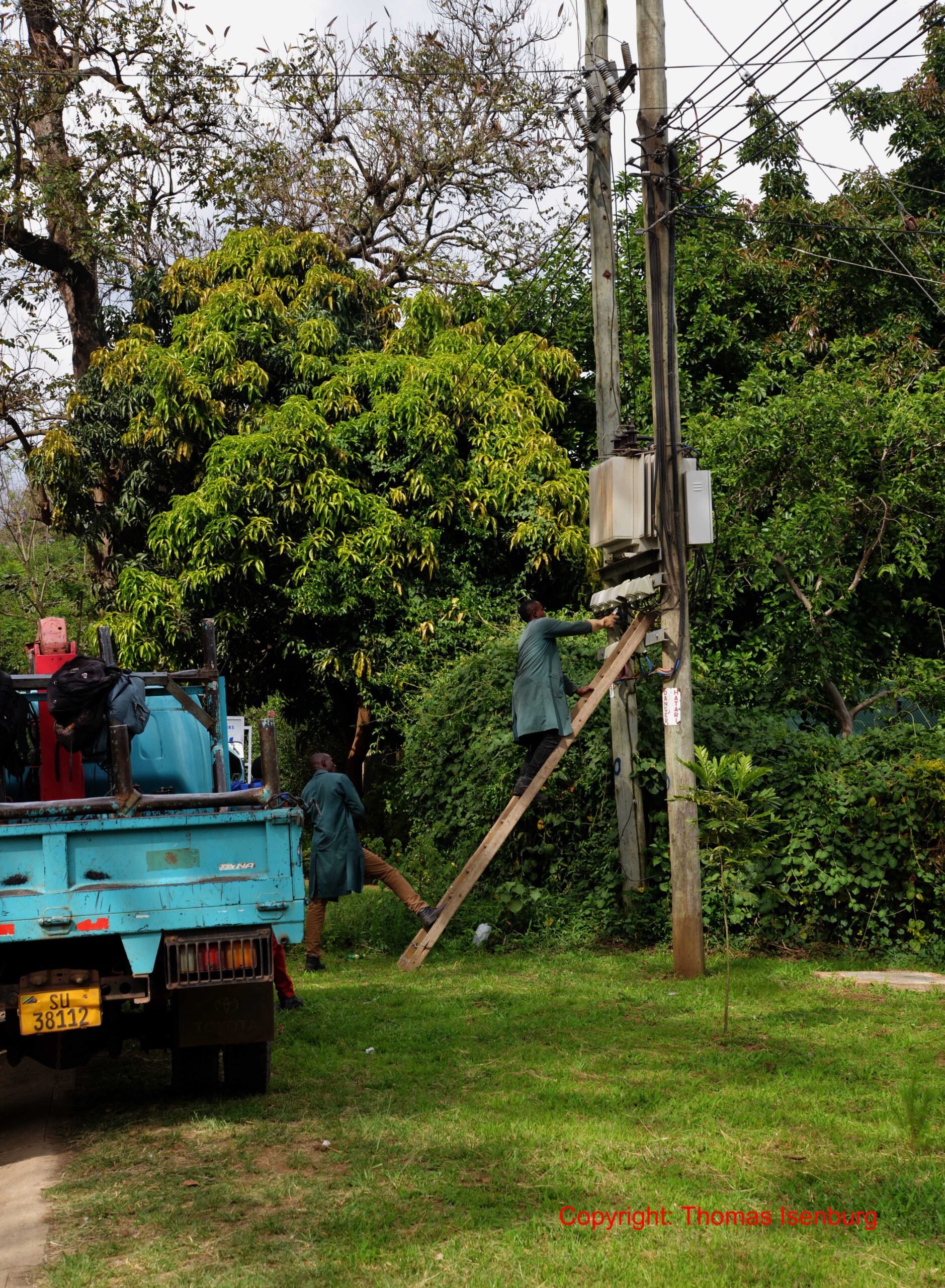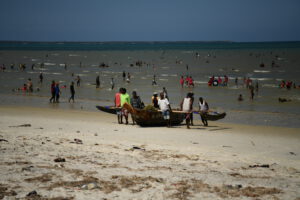Germany – Researchers at the University of Paderborn develop modern systems for uninterruptible power supply in rural regions of Africa – Intelligent “microgrids” integrate renewable energies and make an important contribution to regional development
Almost nine out of ten people worldwide have access to electricity today. Nevertheless, in the age of digitalisation and artificial intelligence, 789 million people still live without electricity, according to current figures from the United Nations. Almost 70 percent of them live in sub-Saharan Africa alone. This hinders development: the lack of or unstable power supply is still a major obstacle to improving living conditions in remote regions of Africa.
In order to find a solution to the African energy supply problem, scientists from the University of Paderborn are working in an interdisciplinary team on a cross-national teaching, learning and research platform. “The concept of “energy access for all” is important if we want to provide sustainable development aid,” says project coordinator Prof. Dr.-Ing. Stefan Krauter from the Faculty of Electrical Engineering, Computer Science and Mathematics. “Through intelligently controlled, local power grids based on renewable energy sources, we want to enable a practical and robust power supply. Especially in rural areas, this is a prerequisite for people there to have access to modern technologies and the internet.” The three-year project is supported by the Federal Ministry of Education and Research (BMBF) with about 2.3 million euros. The project executing organisation is Forschungszentrum Jülich GmbH.
The long-term goal of the African and German project partners is to enable the local people to independently and permanently use the jointly developed energy concept. To this end, the scientists are developing modern training programmes through which they will pass on the necessary practical knowledge to regional experts and educational institutions.
Development needs energy
Affordable, reliable and clean energy for all – this is one of the sustainable development goals of the United Nations. Prof. Dr.-Ing. Stefan Krauter, Chair of “Electrical Power Engineering – Sustainable Energy Concepts” at the University of Paderborn, knows exactly the consequences of “energy poverty” and which areas are particularly affected: “The predominantly rural communities in East Africa still lack an uninterrupted energy supply today,” explains Krauter and points out that this circumstance has a direct impact on the living conditions of the local people. Not only individual households are affected, but also schools and hospitals in particular. “No electricity means that schoolchildren can no longer study in the evenings, that people cannot run competitive businesses and that important medicines cannot be refrigerated,” the Paderborn scientist sums up.
Local, sustainable and smart solutions
The goal of the recently launched international project is to open up new possibilities for the electrification of remote regions in East Africa. Krauter explains: “We are developing modern mini-grids. Small, separate power grids, so-called “microgrids”, will each supply a spatially limited area such as a neighbourhood or a hospital complex with energy.” Each of these microgrids has its own energy sources and supply options, for example solar systems and local storage. The advantage of such island grids: Since not a single large power plant supplies the electricity to the consumers, disturbances cannot spread through a large transmission network. Local grids therefore enable a stable, uninterrupted supply of energy. “Because even where electricity is actually available, there are always massive energy bottlenecks. Power outages regularly paralyse the supply of entire cities,” Krauter describes the African energy dilemma. At a later stage, however, these microgrids could be integrated into the main grid of a city or region.
To manage all available resources as efficiently as possible and distribute electricity to where it is needed or can be stored, the power grid must be highly flexible. “Intelligent power grids, so-called “smart grids”, also connect the various actors in the energy system in terms of communication. The exchange of information within the grids makes it possible to dynamically control the flow of electricity and thus precisely coordinate generation, consumption and storage at any given time,” explains the Paderborn electrical engineering professor. For example, energy from a photovoltaic system could be automatically distributed to the various end consumers via batteries as needed. For the future, the international project team plans to not only supply rural areas with electricity in this way, but also to significantly stabilise large national electricity grids.
Tailored to the needs and capacities of East African society
In order for the local people to be able to use the new technologies permanently and independently, knowledge transfer is a central component of the new project. African experts and educational institutions are to benefit directly from the technical solutions developed in Paderborn, but they are also to help ensure that these technologies are adapted to local conditions. Krauter’s team is therefore developing training concepts that are open to local partners and users. For example, basic knowledge is to be imparted in graduate colleges and also in simple internships: “In our project, research and training are specifically oriented towards the needs of African societies instead of being geared to the high-tech standards of industrialised countries,” Krauter emphasises.
Interdisciplinary work for innovative approaches
In order to find future-oriented and sustainable solutions, both experienced researchers and young scientists from different disciplines as well as German and African institutions contribute their expertise to the project. In addition to scientists from the fields of “Power Electronics and Electric Drive Technology”, “Sensor Technology” and “Didactics of Technology”, cultural scientists and economists from the University of Paderborn are also working on the innovative solution for energy supply. Because it is not only technical aspects that are decisive for success, but also a tailor-made educational concept, emphasises Paderborn educationalist Prof. Dr. Christine Freitag: “An “Education for Sustainable Development” is our benchmark. Through this approach, people should be empowered to shape the future actively, responsibly and on their own responsibility. Together with our African partners, we therefore also take a look at the connections between education and gender, for example in questions of equal opportunities and conflict potentials with regard to ecological, economic and social challenges.”
Universities in South Africa, Uganda and Tanzania are also involved in the project, as are African power generation and energy supply companies as industrial partners, the ECOLOG Institute for Social-Ecological Research and Education, the Photovoltaic Institute Berlin and Asantys Systems. Even though the research focus is on East Africa, the approaches and results should be applicable worldwide in the future, Krauter emphasises.
Wissenschaftlicher Ansprechpartner:
Prof. Dr.-Ing. Stefan Krauter, Fakultät für Elektrotechnik, Informatik und Mathematik, Tel.: 05251 60-23 01, E-Mail: stefan.krauter@upb.de
We have already published:




